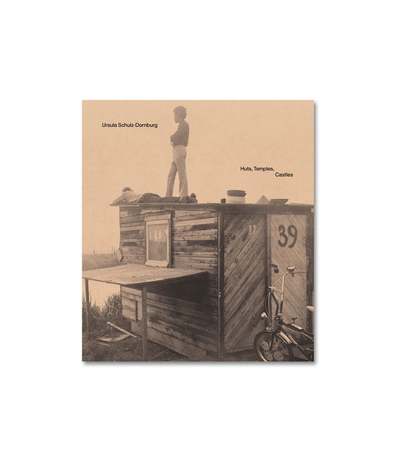Nous utilisons des cookies pour améliorer votre expérience. Pour nous conformer à la nouvelle directive sur la vie privée, nous devons demander votre consentement à l’utilisation de ces cookies. En savoir plus.
URSULA SCHULZ-DORNBURG HUTS, TEMPLES, CASTLES
EAN : 9781913620820
Édition papier
EAN : 9781913620820
Paru le : 27 août 2022
45,00 €
42,65 €
Disponible
Pour connaître votre prix et commander, identifiez-vous
Notre engagement qualité
-
 Livraison gratuite
Livraison gratuite
en France sans minimum
de commande -
 Manquants maintenus
Manquants maintenus
en commande
automatiquement -
 Un interlocuteur
Un interlocuteur
unique pour toutes
vos commandes -
 Toutes les licences
Toutes les licences
numériques du marché
au tarif éditeur -
 Assistance téléphonique
Assistance téléphonique
personalisée sur le
numérique -
 Service client
Service client
Du Lundi au vendredi
de 9h à 18h
- EAN13 : 9781913620820
- Date Parution : 27 août 2022
- Disponibilite : Disponible
- Barème de remise : NS
- Nombre de pages : 80
- Format : 0.00 x 23.00 x 26.00 cm
- Poids : 900gr
- Résumé : "In the wake of the Second World War, aiming to occupy the children rampaging streets and parks, the City of Amsterdam founded Jongensland, a space where boys (and the occasional, officially disallowed girl) could play, build, create, and destroy, largely without supervision. Located on an island accessible only by rowboat, Jongensland grew into a sprawling settlement built experimentally from scrap materials by its young inhabitants. Here, children would cook food, raise animals, build fires, and trade with each other. Without adult intervention, they relied on shared resourcefulness and collaborative ingenuity. In 1969, when the architectural photographer Ursula Schulz-Dornburg moved to Düsseldorf with her two young children, she discovered Jongensland the other side of the border from Germany’s strictly regulated playgrounds. Fascinated by the improvised buildings where her children would play, she made extensive photographs capturing them being constructed, used, demolished, and reshaped. Her images capture an intuitive architectural intelligence at work and catalogue a genre of vernacular construction with its own conventions and innovations, one which illuminates the role of imagination in defining a building’s identity and purpose. This book presents Schulz-Dornburg’s largely unpublished and unexhibited series alongside an extended conversation between the photographer and architectural historian Tom Wilkinson reflecting on the architectural themes and lessons the project continues to offer."


